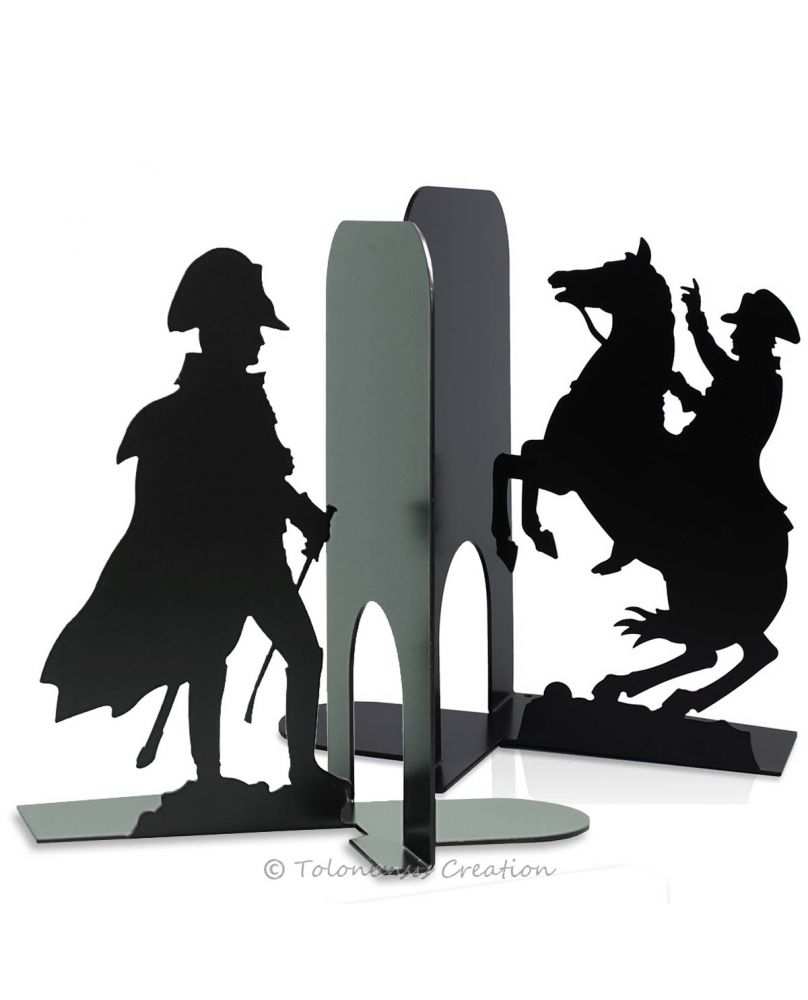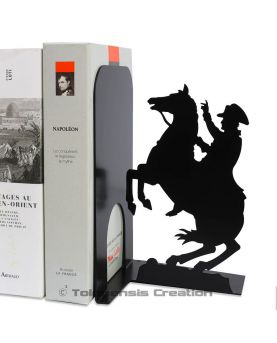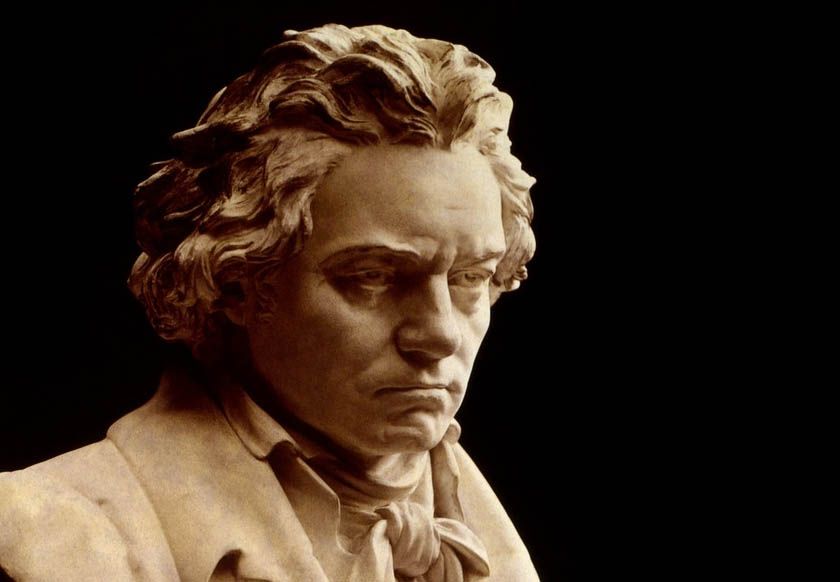Pair of bookends featuring the first Consul Bonaparte on horseback turned Emperor Napoleon of the French.
The advent of Napoleon Bonaparte marks a major turning point in the history of France and Europe. Coming from a Corsican family of the minor nobility, Napoleon quickly distinguished himself as a brilliant military leader during the French Revolutionary Wars. His political ascent began with the coup d'état of the 18th Brumaire (9 November 1799), during which he overturned the Directory and established the Consulate, thus becoming the First Consul.
Under his rule, Napoleon embarked on a series of ambitious reforms, such as the Civil Code, which consolidated the gains of the Revolution while establishing a modern legal framework. His authority gradually strengthened, culminating in his coronation as Emperor of the French on 2 December 1804 at Notre-Dame de Paris.
The Napoleonic Empire then extended over much of Europe, thanks to its resounding military victories and the establishment of strategic alliances. Napoleon exerted his influence across the continent, redrawing borders and exporting the ideals of the French Revolution.
However, his boundless ambition and incessant wars eventually depleted France's resources and aroused the mistrust of other European powers. The defeats of the Russian campaign (1812) and the Battle of Waterloo (1815) precipitated his downfall.
Napoleon was forced into exile on the island of Elba, then escaped and briefly returned to power during the Hundred Days. Ultimately, he was definitively defeated at the Battle of Waterloo and exiled to the island of Saint Helena, where he died in 1821.
Despite his fall, Napoleon left a lasting legacy, particularly through his legal, administrative, and social reforms, which deeply marked France and Europe. His reign embodies both imperial grandeur and the excesses of personal power. His name remains inscribed in history as one of the most iconic and controversial figures of his era.
The painting "Napoleon before the Parade of the Imperial Guard" by Edouard Detaille is inspired by a work by Edouard Detaille, a painter known for his precise realism.
"Bonaparte Crossing the Alps" is an iconic work by the painter Jacques-Louis David that mythologizes Napoleon's ascent to power. David, the official painter of the Empire, immortalizes Napoleon's military feat as he crosses the Alps with determination and audacity. The dramatic scene, with Napoleon's rearing horse and the snow-capped peaks in the background, evokes the courage and grandeur of the Emperor. This image, often interpreted as political propaganda, contributed to forging Napoleon's legend as a visionary leader and fearless conqueror, making this crossing of the Alps a symbol of his power and strategic genius.
Metal wall bookend - Quality fabrication Made in EU.
























